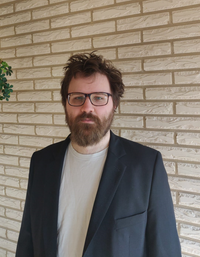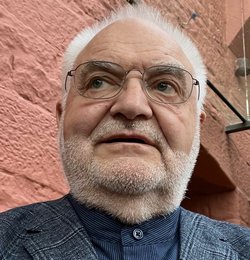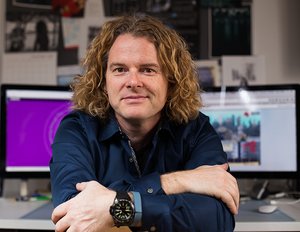The experts act in two ways: on the one hand, they present the foundations of the particular discipline in their talks, and on the other hand, they offer suggestions for possible optimizations of the learning scenarios introduced by the participants.
(in alphabetic order)

Biography
Samuli Laato has a background in software engineering, and has worked in research projects in the fields of education and business. He got his PhD from University of Turku in 2021, and is currently working as a postdoctoral researcher at Gamification Group, Tampere University, Finland. He has studied location-based games extensively, and his primary research interests concern how location-based games can be leveraged for positive outcomes. Laato’s current research is part of the Academy of Finland -funded UNITE flagship project, that seeks to explore new technological opportunities for human-forest interplay, and here his main responsibility is the study of location-based technologies. He has over 60 peer-reviewed publications and has been published in outlets such as Computers and Human Behavior, Internet Research, European Journal of Information Systems and Journal of Medical Internet Research. He will talk about "Location-based games as serious games".

Biography
Prof. Dr. Helmut M. Niegemann is currently Senior Professor of Business Education at Goethe University Frankfurt since 2014 and Honorary Professor of Educational Technology at Saarland University since 2016. Until 2012 he held the Chair of Learning and New Media at the University of Erfurt, before that he was Professor of Media Design/Digital Media at the TU Ilmenau. Previous positions: Head of the Instructional Design Department at the German Institute for Distance Learning Research (University of Tübingen), TU Darmstadt, University of Mannheim, freelancer (IT continuing education, technical writing), Saarland University, teacher at BBZ Neunkirchen/Saar. Studies of psychology, educational science, computer science and sociology at Saarland University. Married, 2 children, 3 grandchildren.

Talk
Developments in Augmented Reality: Expanding Learning Environments?
In this talk, we focus on the developments in Augmented Reality (AR) technologies that provide opportunities to "weave augmented reality into the fabric of everyday life." These opportunities are made possible by developments in AR technology and integrating this technology in smart environments and ubiquitous computing. Our focus is on hands-free AR, that is, smart (optical) see-through eyewear for ever-present AR. Possible consequences for learning and teaching will be discussed with input from the audience.
Biography
Anton Nijholt received his Ph.D. in computer science from the Vrije Universiteit in Amsterdam. He held positions at various universities, inside and outside the Netherlands. In 1989 he was appointed full professor at the University of Twente in the Netherlands, where he initiated its Human Media Interaction group. For some years he was a scientific advisor of Philips Research Europe, Eindhoven. His main research interests are multimodal interaction with a focus on entertainment computing, affect, humor, and brain-computer interfacing. Nijholt, together with many of the fifty Ph.D. students he supervised, wrote numerous journal and conference papers on these topics and acted as program chair and general chair of many large international conferences on entertainment computing, virtual agents, affective computing, faces & gestures, multimodal interaction, computer animation, and brain-computer interfaces. More recently he explores those topics in augmented reality environments. Recent edited books include the 2019/2020 books “Making Smart Cities More Playable: Exploring Playable Cities” and "Brain Art: Brain-Computer Interfaces for Artistic Expression." In 2023 an edited book on "Playful Augmented Reality" will be published by Springer.

Talk
Exploring the Affordances of Location-Based AR for Learning
Biography
Dr. Jan L. Plass is a Professor at New York University, holding the Paulette Goddard Chair in Digital Media and Learning Sciences. He is the founding director of the CREATE Consortium for Research and Evaluation of Advanced Technology in Education and co-director of the Games for Learning Institute. Dr. Plass’ draws from a broad range of fields, including cognitive science, learning sciences, computer science, and design to envision, design, and study the future of learning with digital technologies, with a current focus on games and VR. He has published widely and is the lead editor of the Handbook of Game-based Learning (MIT Press, 2020). Dr. Plass is a frequent national and international keynote speaker and advisor, helping governments and businesses to increase the human capacity in an ecology of lifelong learning by applying cognitive science and learning sciences principles.
